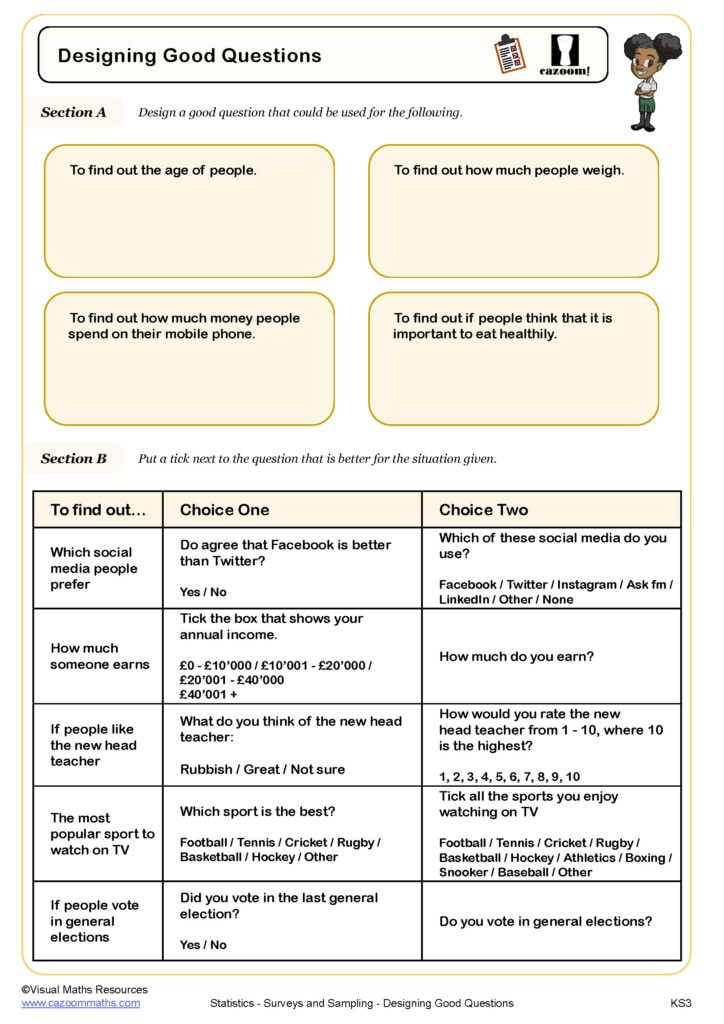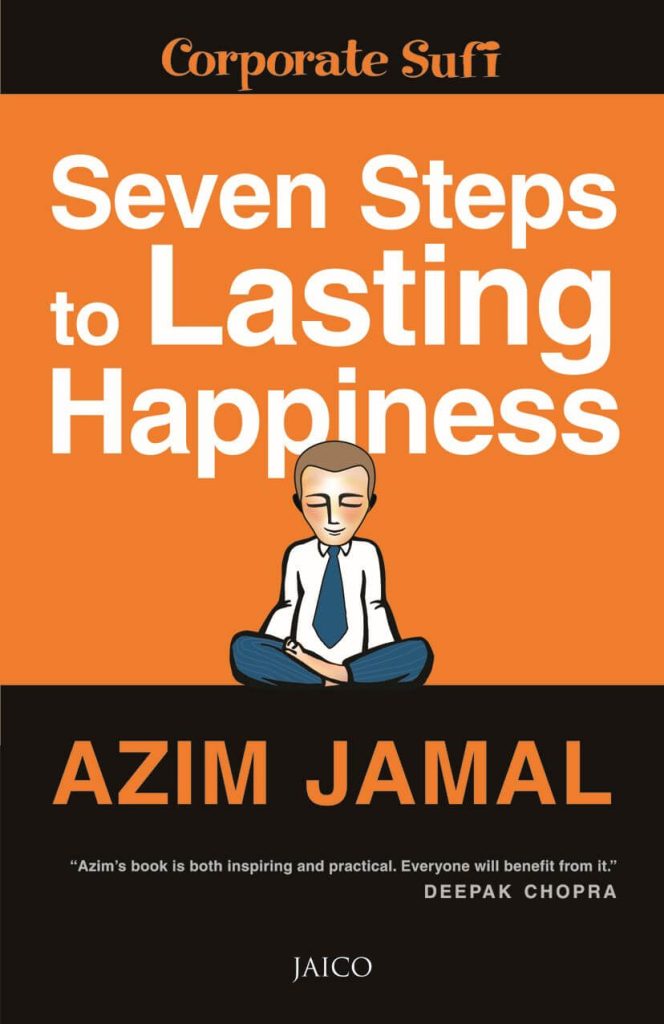Analyzing Trump's Iran Strategy And Its Impact On Israel

Table of Contents
The "Maximum Pressure" Campaign: Sanctions and Diplomatic Isolation
The core tenet of Trump's Iran strategy was the "maximum pressure" campaign, aiming to cripple Iran's economy through crippling sanctions and diplomatic isolation, thereby forcing a change in its nuclear ambitions and regional behavior. This involved a multi-pronged approach:
- Specific Sanctions Imposed:
- Oil Sanctions: Targeting Iran's crucial oil exports, a major source of revenue for the regime.
- Financial Sanctions: Restricting access to the international financial system, severely limiting Iran's ability to conduct international trade.
- Targeted Sanctions: Imposing sanctions on specific Iranian officials, entities, and industries linked to the Revolutionary Guard Corps (IRGC) and its nuclear program.
The intended goals were ambitious: curbing Iran's nuclear program, preventing its development of nuclear weapons, and altering its destabilizing behavior in the Middle East, including support for proxy groups like Hezbollah and Hamas. While the sanctions undoubtedly inflicted economic hardship on Iran, their effectiveness in achieving these overarching goals remains debated. Some argue that the sanctions spurred Iran to accelerate its uranium enrichment, while others maintain that they forced Iran to the negotiating table, albeit indirectly. The pressure campaign's impact on Iran's regional activities, such as its support for proxies, is also a subject of ongoing analysis.
Withdrawal from the Iran Nuclear Deal (JCPOA): Implications for Israel
Trump's decision to unilaterally withdraw the United States from the Joint Comprehensive Plan of Action (JCPOA) in 2018 was a pivotal moment. His administration argued that the deal was fundamentally flawed, failing to adequately address Iran's ballistic missile program and its regional destabilizing activities.
Israel, which had consistently voiced its opposition to the JCPOA, viewed the withdrawal as a positive development. Before the withdrawal, Israel expressed concerns that the JCPOA would legitimize Iran's nuclear program and ultimately enable it to develop nuclear weapons.
Following the withdrawal, Israel perceived several key implications:
- Increased Pressure on Iran's Nuclear Program: The re-imposition of sanctions and the removal of the JCPOA's constraints were seen as increasing pressure on Iran's nuclear ambitions.
- Potential for Heightened Regional Tensions and Conflict: The withdrawal increased the risk of escalation, with concerns of a potential military confrontation between the US and Iran.
- Impact on Diplomatic Efforts to Constrain Iran: The withdrawal complicated international efforts to diplomatically constrain Iran's nuclear program and regional activities. The subsequent efforts to negotiate a new deal have been fraught with difficulties.
Regional Impact and Shifting Alliances
Trump's Iran strategy significantly altered the regional landscape, particularly impacting Israel's relationships with other actors.
- The Abraham Accords: The normalization agreements between Israel and several Arab nations (UAE, Bahrain, Sudan, Morocco) are often linked to the shared concern about Iran's regional influence, strengthened by the Trump administration's policies towards Iran. These accords signify a significant realignment of regional alliances.
- Increased Military Cooperation: The shared threat perception fostered increased military and intelligence cooperation between Israel and Sunni Arab states, particularly in countering Iranian influence.
- Heightened Tensions with Iran-backed Groups: While the "maximum pressure" campaign aimed to constrain Iran, tensions with Iran-backed groups in the region, such as Hezbollah and Hamas, often escalated.
The Impact on Israeli Security
Trump's strategy had both direct and indirect effects on Israel's security concerns regarding Iran. From Israel's perspective, the campaign created both opportunities and risks:
- Cybersecurity Threats: The increased tension and confrontation heightened the risk of Iranian-sponsored cyberattacks targeting Israeli infrastructure.
- Missile Defense Systems: The perceived threat of Iranian ballistic missiles spurred further investment in Israel's missile defense systems like Iron Dome.
- Regional Proxy Conflicts: The increased regional instability fueled by the "maximum pressure" campaign and the withdrawal from the JCPOA heightened the risk of proxy conflicts involving Israel.
Assessing the overall success of Trump's strategy from an Israeli perspective is complex. While the increased pressure on Iran and regional realignments offered certain advantages, the heightened tensions and risks of escalation presented significant challenges.
Conclusion
Trump's Iran strategy, characterized by the "maximum pressure" campaign and withdrawal from the JCPOA, had a profound and multifaceted impact on Israel. While it created opportunities for increased regional cooperation and pressure on Iran's nuclear program, it also elevated regional tensions and risks of conflict. Ultimately, the long-term consequences of this strategic shift remain uncertain and require further analysis. Further research is needed to fully understand the lasting effects of this significant shift in US foreign policy on the complex dynamics of the Middle East, particularly regarding Trump's Iran strategy and its impact on Israel. A comprehensive understanding is crucial for navigating future US-Iran relations and addressing the ongoing challenges to regional stability.

Featured Posts
-
 The Good Life Finding Purpose Meaning And Wellbeing
May 31, 2025
The Good Life Finding Purpose Meaning And Wellbeing
May 31, 2025 -
 Covid 19s Jn 1 Variant Symptoms Transmission And What To Do
May 31, 2025
Covid 19s Jn 1 Variant Symptoms Transmission And What To Do
May 31, 2025 -
 Designing The Good Life A Practical Guide
May 31, 2025
Designing The Good Life A Practical Guide
May 31, 2025 -
 Descubre El Siglo Xix Receta Aragonesa Con 3 Ingredientes
May 31, 2025
Descubre El Siglo Xix Receta Aragonesa Con 3 Ingredientes
May 31, 2025 -
 Creating A Good Life Practical Steps For Lasting Happiness
May 31, 2025
Creating A Good Life Practical Steps For Lasting Happiness
May 31, 2025
